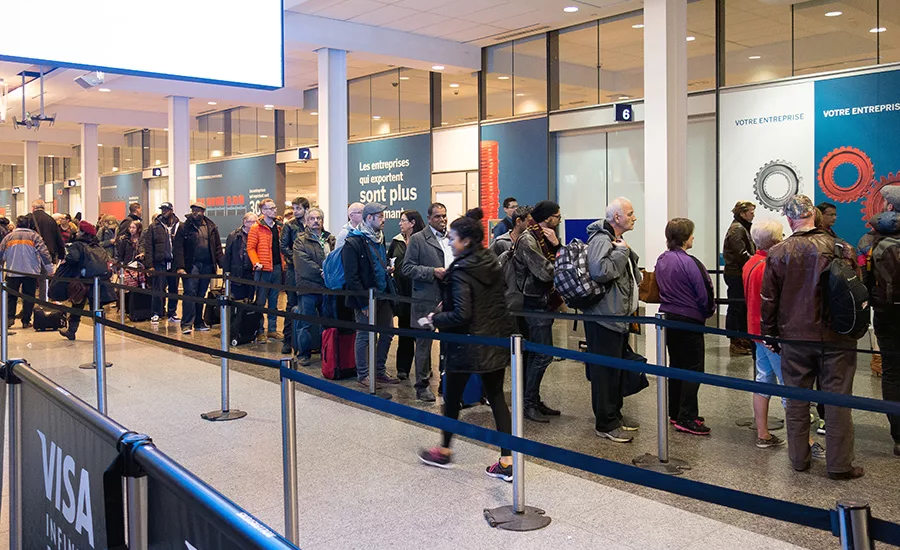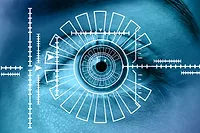Port of Seattle to Replace Air and Sea Travel Documents with Facial Recognition

In 2019, the Port of Seattle began to prepare for federal and private sector implementation of facial recognition technology for passenger processing at Port facilities.
According to a blog, the Port heard from a range of stakeholders at two study sessions in September and October 2019. The first study session focused on how private companies use facial recognition technology to improve efficiency and service. The Port also heard from civil society groups that raised concerns about threats to privacy and data protection, and inherent bias in the technology.
The second study session focused on the federal implementation facial recognition biometrics and how the Port has prepared for adoption of biometrics technology at its facilities. By the end of next year, U.S. Customs and Border Protection will start using facial recognition in place of travel documents for arriving international passengers.
Feedback from those study sessions is helping to shape a Commission Motion to ensure proper safeguards when biometric technology is used on travelers and visitors at its facilities. The Port of Seattle Commission will consider the motion at its December 10, 2019 public meeting.
At that meeting, the Port Commission will consider a set of seven “biometrics guiding principles”:
- Voluntary — reasonable alternatives should be provided for those who not wish to participate through an opt-in or opt-out process
- Private — data should be stored for no longer than required by applicable law or regulations, and should be protected against unauthorized access or use
- Equitable — the technology should be reasonably accurate in identifying people of all backgrounds, and systems should be in place to treat mismatching issues
- Transparent — use of biometrics should be communicated to visitors and travelers
- Lawful — use of biometrics should comply with all laws, including privacy laws and laws prohibiting discrimination
- Ethical — Port staff and partners should act ethically when deploying technology or handling biometric data
- Justified — biometrics should be used only for a clear and intended purpose and not for surveillance on large groups without a lawful purpose
According to the blog, "Because of efforts by U.S. Customs and Border Protection and some of our tenant cruise lines and airlines, we foresee a significant increase in facial recognition technology deployment at Port facilities over the next few years. They see it as a major benefit to travelers because of a faster and more efficient travel experience, as well as a more accurate security process."
It added, "At the Port, it is essential to us that there’s a high level of public engagement around something so personal as facial biometrics. We have a chance to ensure that public policy moves at the pace of innovation. To that end, the Port is working toward proper policy frameworks and clear guidelines to balance operational needs, business priorities and regulatory mandates with the interests of passengers, employees, and other visitors to our facilities. State and federal regulation may be coming, but the Port Commission has decided to be proactive in developing these policies. Our guiding principles are a start, but we will be working over the next six months to translate them into implementable and enforceable regulations. We believe we are the first port in the country to take a leadership role in developing safeguards to reduce potential misuse and abuse, while improving public understanding of the benefits and risks."
Looking for a reprint of this article?
From high-res PDFs to custom plaques, order your copy today!








